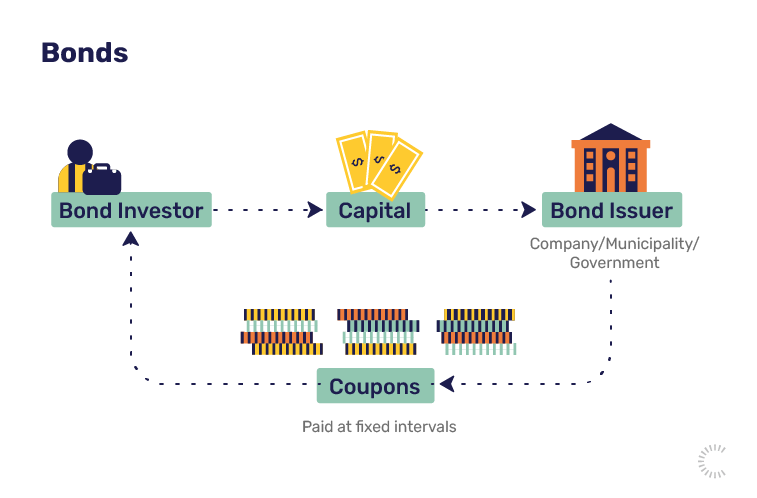If the thought of purchasing the stock exchange scares you, you are not alone. People with very limited experience in stock investing are either horrified by horror stories of the average investor losing 50% of their portfolio valuefor example, in the 2 bearishness that have currently occurred in this millennium or are seduced by "hot tips" that bear the guarantee of huge rewards but rarely settle.
The reality is that investing in the stock exchange brings risk, however when approached in a disciplined way, it is among the most efficient methods to build up one's net worth. While the worth of one's home usually represents the majority of the net worth of the typical private, the majority of the wealthy and very rich typically have most of their wealth invested in stocks.
Secret Takeaways Stocks, or shares of a company, represent ownership equity in the https://louisjfwi660.skyrock.com/3344993100-How-Does-Robinhood-Work-For-Beginners-Investing-Simple.html company, which give investors voting rights as well as a recurring claim on corporate incomes in the type of capital gains and dividends. Stock exchange are where individual and institutional investors come together to purchase and offer shares in a public venue.
An individual or entity that owns 100,000 shares of a company with one million impressive shares would have a 10% ownership stake in it. The majority of business have outstanding shares that face the millions or billions. Common and Preferred Stock While there are two main kinds of stocktypical and chosenthe term "equities" is associated with common shares, as their combined market price and trading volumes are many magnitudes bigger than that of favored shares.
Preferred shares are so named since they have choice over the common shares in a business to get dividends as well as assets in case of a liquidation. Common stock can be more classified in terms of their voting rights. While the fundamental facility of common shares is that they ought to have equal voting rightsone vote per share heldsome companies have double or several classes of stock with various ballot rights attached to each class.
